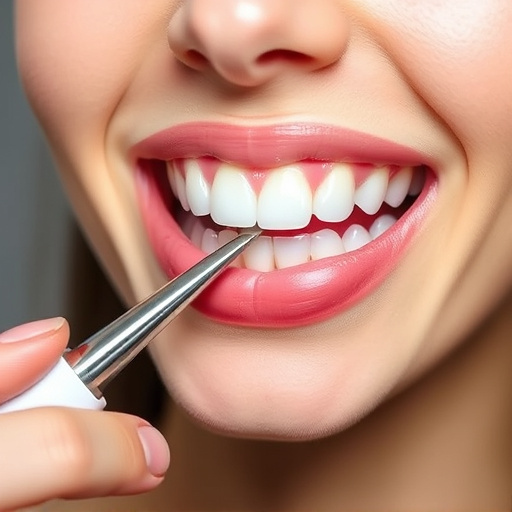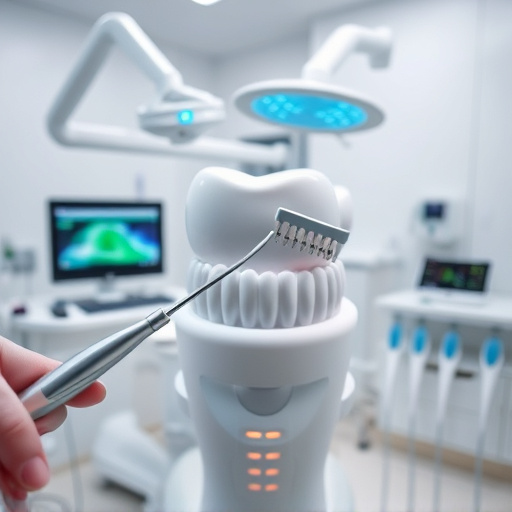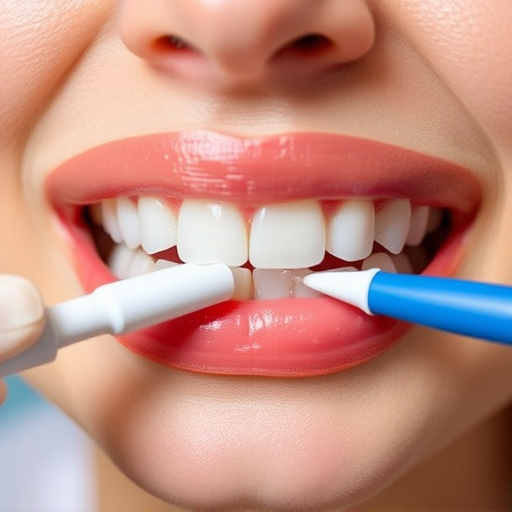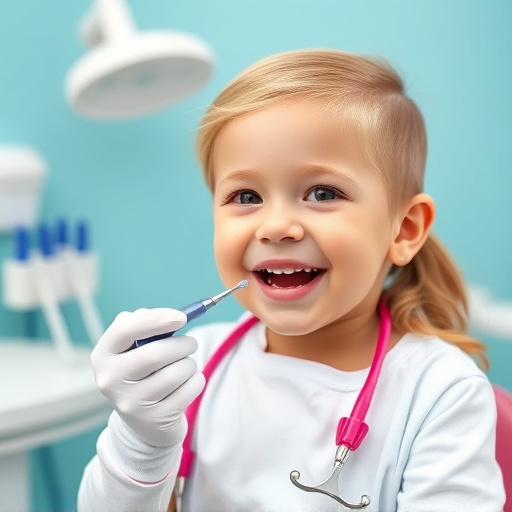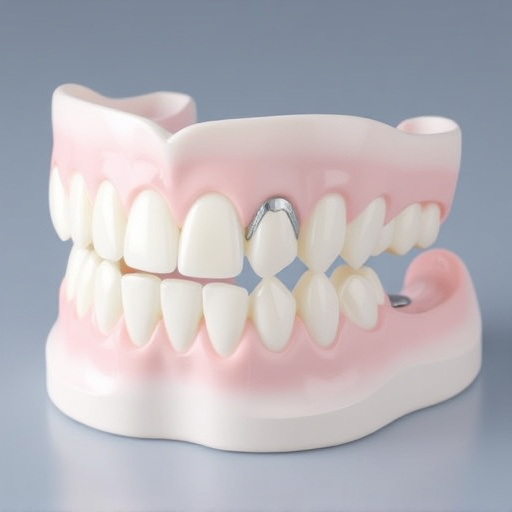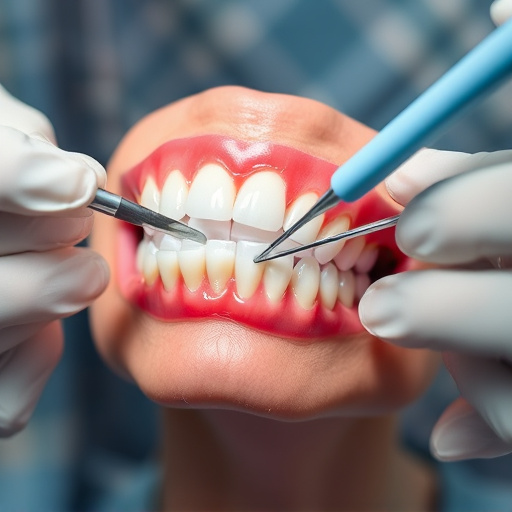An oral health assessment is a powerful tool for maintaining both dental and overall well-being. Dentists examine teeth, gums, and oral structures to detect early signs of decay, gum disease, and even systemic conditions like diabetes or cardiovascular diseases. This preventive approach saves costs and invasiveness in the long term. Regular assessments facilitate early detection of minor issues requiring simple repairs. By empowering patients with personalized guidance based on detailed examinations, oral health assessment enhances confidence and informed decision-making about dental care. For children, it prevents issues and promotes good oral health habits from a young age. This revolutionary practice transforms routine visits into thorough evaluations, considering hygiene habits, medical history, and overall well-being to tailor precise diagnoses and treatment plans.
Oral health assessment is a powerful tool that goes beyond cleaning teeth. It’s a cornerstone of modern dental care, significantly influencing patient confidence and their decisions about dental treatments. This article delves into the profound impact of comprehensive oral health assessments, exploring how they empower patients to make informed choices while fostering trust in healthcare professionals. We’ll guide you through understanding its importance and best practices for implementation in dental practice.
- Understanding the Significance of Oral Health Assessment
- The Impact on Patient Confidence and Dental Care Choices
- Implementing Comprehensive Oral Health Assessments in Dental Practice
Understanding the Significance of Oral Health Assessment
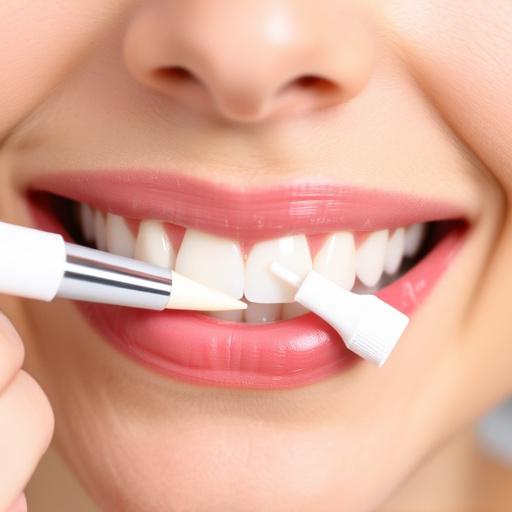
An oral health assessment is a crucial step in maintaining not just your dental health, but also your overall well-being. It’s more than just a routine check-up; it’s a comprehensive evaluation that provides valuable insights into your mouth’s current state and potential future issues. By examining teeth, gums, and other oral structures, dentists can detect early signs of decay, gum disease, or even systemic conditions like diabetes or cardiovascular diseases.
This assessment plays a pivotal role in preventive dentistry, allowing for timely interventions that can save you from costly and invasive procedures later on. For instance, identifying the need for wisdom tooth removal early can prevent complications associated with impacted teeth. Similarly, regular assessments facilitate the detection of minor issues that might require simple tooth repair instead of extensive treatments down the line.
The Impact on Patient Confidence and Dental Care Choices
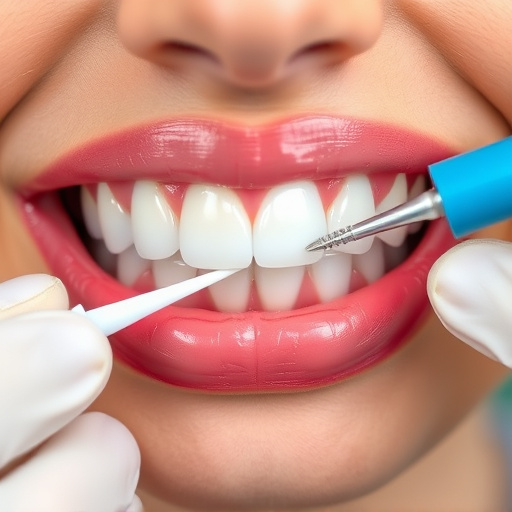
An oral health assessment serves as a powerful tool to significantly enhance patient confidence when it comes to making dental care decisions. By thoroughly evaluating an individual’s oral condition, including tooth structure, gum health, and overall mouth functionality, dentists can provide tailored guidance. This process empowers patients to understand their specific needs, enabling them to make informed choices about treatments, from routine hygiene procedures to complex procedures like wisdom tooth removal or cosmetic dentistry.
Furthermore, a comprehensive assessment ensures that every patient receives personalized care, catering to unique requirements. For instance, in children’s dentistry, early assessments can prevent potential issues, fostering good oral health habits and ensuring children’s confidence in their dental journey. This proactive approach not only boosts trust in dentists but also encourages patients to actively participate in managing their dental health.
Implementing Comprehensive Oral Health Assessments in Dental Practice
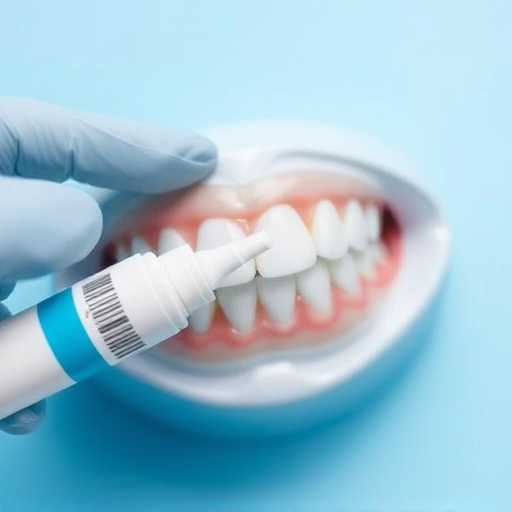
Implementing comprehensive oral health assessments is a game-changer for dental practices, transforming routine visits from mere teeth cleaning sessions to holistic evaluations. By delving deeper into patients’ oral hygiene habits, medical history, and overall well-being, dentists gain invaluable insights that extend far beyond the surface. This approach not only enables precise diagnosis but also empowers individuals to make informed decisions about their dental care.
A crucial aspect of these assessments is identifying potential issues early on, whether it’s a subtle sign of gum disease or an undiagnosed medical condition reflecting itself in oral symptoms. Armed with this knowledge, dentists can tailor treatment plans, from simple dental cleanings to complex tooth extractions, ensuring optimal patient outcomes and fostering trust in the dental care process.
Oral health assessments are not just a check-up; they empower patients with knowledge, boosting confidence in their dental care decisions. By understanding their oral health status, individuals can make informed choices about treatments and preventive measures. Implementing comprehensive oral health assessments in dental practice is a game-changer, fostering trust and enhancing patient-dental professional relationships. This approach ensures that every patient receives personalized care tailored to their unique needs, ultimately leading to improved oral health outcomes.








